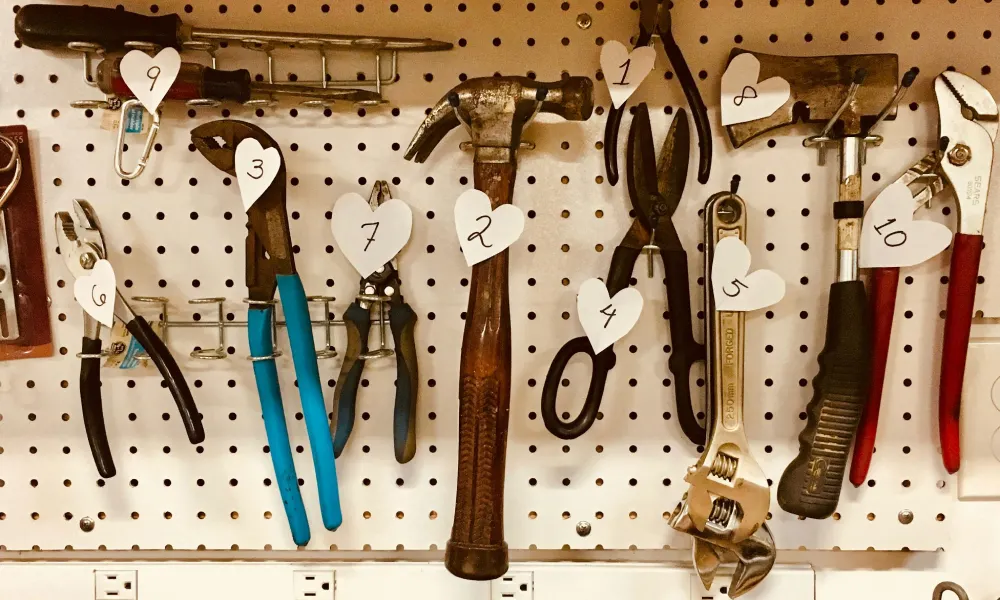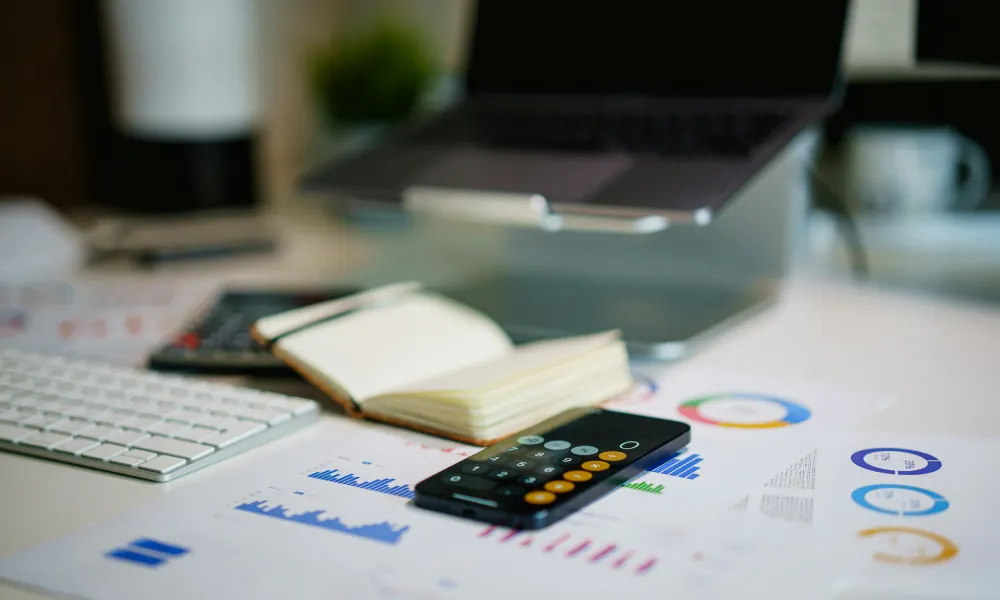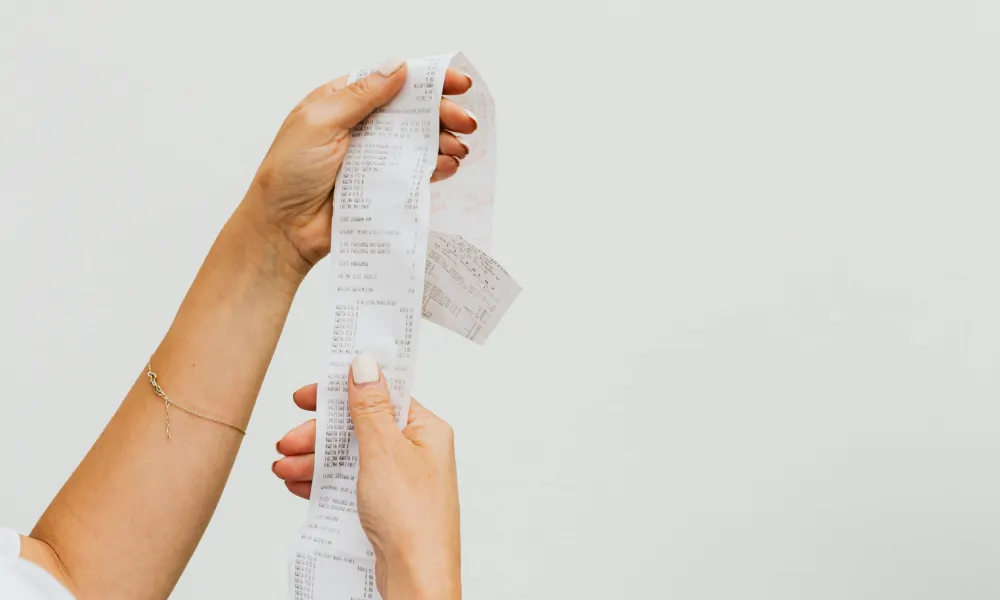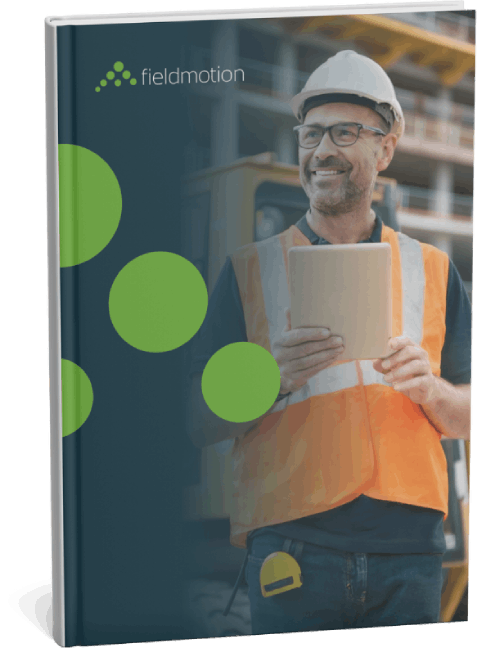Running a field service business means managing more than just jobs, schedules, and customers. You also have to stay on top of the financial details that keep your business profitable. One of the simplest ways to improve your cash flow is by reclaiming VAT wherever you can.
Many business owners in the field service sector, from electricians and plumbers to HVAC and fire safety providers, don’t realise how much VAT they could be claiming back each year. Whether it’s tools, van fuel, subcontractor costs or office supplies, VAT adds up fast. If your business is VAT registered and making taxable supplies, a large portion of those costs could be reclaimed from HMRC or Revenue.
This guide explains how VAT reclaiming works, what’s eligible, and how to avoid common mistakes.
Table of Contents:
- Why Reclaiming VAT Matters
- When You Can Claim Back VAT
- Pre-Registration VAT — Don’t Miss Out
- Common Mistakes to Avoid
- VAT and Common Field Service Expenses
- Making VAT Work for Your Business
Why Reclaiming VAT Matters
VAT can feel like just another bit of admin, but done right, it can make a real difference to your business finances.
Every time you buy goods or services that include VAT for business use, you can usually claim that money back. That means more cash on hand to pay wages, cover materials, or deal with unexpected expenses.
For example, if you spend £20,000 on materials in a year and pay £4,000 in VAT, that £4,000 could be reclaimed if your records are in order. Over time, these savings add up.
There’s also the compliance side to consider. VAT mistakes are one of the most common reasons small businesses are fined. Understanding the rules protects you from penalties and keeps your accounts in good shape.
Fieldmotion Brochure
See how Fieldmotion helps field service teams manage jobs, schedule staff, create invoices, and communicate with customers — all from one easy-to-use system.
When You Can Claim Back VAT
If your business is VAT-registered (which is required once your taxable turnover goes over £90,000 in the UK or €40,000 in Ireland), you’re generally allowed to reclaim VAT on most business-related expenses. This is known as input tax — the VAT you’ve paid on goods and services used for your operations.
You can claim VAT on purchases that meet the following conditions:
-
They’re used solely for business purposes.
-
The supplier is VAT-registered and has issued a valid VAT invoice.
-
The purchase supports taxable business activities (not VAT-exempt ones).
Typical claimable expenses in field service businesses include:
-
Tools and equipment
-
Vans (purchases or leases)
-
Fuel and vehicle maintenance
-
Uniforms and safety gear
-
Subcontractor invoices
-
Software, CRMs and job systems like Fieldmotion
-
Office rent, electricity and internet
However, there are limits. You usually cannot reclaim VAT on:
-
Client entertainment
-
Items used for personal as well as business purposes
-
Some vehicles with mixed use

Pre-Registration VAT — Don’t Miss Out
If you’ve only recently become VAT-registered, there’s a good chance you can reclaim VAT paid on certain purchases made before your registration date. Many small businesses miss this opportunity.
Here’s how it works:
-
You can claim VAT on goods bought up to four years before registration, as long as those items are still in use within your business.
-
You can claim VAT on services bought up to six months before registering, provided they directly support your taxable business activity.
For example, if you purchased software, tools, or office equipment before registering and still use them, you may be able to reclaim that VAT. It’s worth checking your records — those old receipts could represent valuable savings.
Reclaiming VAT isn’t complicated once you’ve got the basics covered. With the right process and consistent organisation, it becomes just another part of your routine financial management.
1. Keep Accurate, Digital Records
You can’t reclaim VAT without proper documentation. That means keeping track of:
-
Valid VAT invoices (must include the supplier’s VAT number, the total VAT charged, and a clear description of goods or services)
-
Receipts for regular expenses such as tools or fuel
-
Digital copies of all records, which are mandatory under Making Tax Digital in the UK, and highly recommended for Irish businesses using ROS
Many field service companies now rely on platforms like Fieldmotion to capture receipts, attach them to jobs, and sync everything with their accounts — making VAT time faster, easier, and less stressful.
2. Submit Your VAT Return
Your VAT return should summarise:
-
Output tax: VAT you’ve charged your customers
-
Input tax: VAT you’ve paid on business-related purchases
Returns are usually submitted every quarter. The difference between what you’ve collected and what you’ve paid determines whether you owe VAT or are due a refund.
In the UK, VAT returns are filed online using MTD-compatible software. In Ireland, you submit them through ROS.
3. Reclaim VAT on Your Return
Once your VAT return is ready, you’ll include your input VAT total (the amount you’re reclaiming).
-
UK: Input VAT is reported in Box 4 of your VAT return.
-
Ireland: Input VAT is included in the VAT3 return, which covers the same key figures.
If your input VAT is higher than your output VAT, HMRC or Revenue will process a refund directly to your business bank account.
Keep in mind:
-
You must submit returns and payments on time.
-
HMRC or Revenue may request supporting documentation to verify your claim, so digital records are essential.
4. Understand the Deadlines
Late returns can lead to penalties or interest charges. Always be aware of your filing schedule:
-
UK: VAT return and payment are due one month and seven days after the end of each accounting period.
-
Ireland: VAT3 returns are usually bi-monthly, although some businesses with higher turnover may have different filing requirements.
Use your accounting or job management software to set automatic reminders, so nothing slips through the cracks.

Common Mistakes to Avoid
Even with the best intentions, it’s easy to make mistakes when reclaiming VAT. Here are some of the most common issues field service businesses run into — and how to avoid them.
Claiming VAT on Non-Business Expenses
Only reclaim VAT on purchases made for business use. If something is partly or entirely for personal use, don’t include it. Mixing the two is a red flag for inspections.
Missing or Invalid Invoices
HMRC and Revenue require valid VAT invoices. If your invoice is missing a VAT number, is handwritten, or unclear, you won’t be able to reclaim the tax.
Errors with Vehicles and Fuel
This is where many businesses slip up.
-
You can reclaim VAT on business-only vehicles, but not if there’s private use involved.
-
For leased vehicles, you can usually reclaim 50% of the VAT if there’s some personal use.
-
With fuel, either:
-
Reclaim all VAT and pay a fuel scale charge, or
-
Only reclaim VAT for documented business mileage.
-
Forgetting Pre-Registration VAT
Many businesses miss out on VAT they could reclaim from before they registered. Check your older receipts and invoices, there could be value sitting in your archives.
Claiming VAT on Entertainment
Entertaining clients? Meals, gifts, or event tickets are not eligible for VAT recovery. Staff meals during business travel are fine, but client hospitality is not.

VAT and Common Field Service Expenses
Field service businesses deal with a wide range of costs. Here’s how VAT applies to the most common ones in your industry.
1. Vans and Company Vehicles
For most trades, vans are essential—and you can often reclaim VAT on them.
-
Purchased vans: You can claim 100% VAT if used strictly for business.
-
Leased vans: If there’s any personal use, you can usually reclaim 50%.
Keep mileage logs, job sheets, or use tracking tools in your CRM to prove business use.
2. Tools, Equipment and Materials
You can reclaim VAT on tools and supplies such as drills, fittings, wiring, or parts.
Always request valid VAT invoices from your suppliers. If you’re using Fieldmotion, store these invoices digitally and link them to specific jobs for easier claims.
3. Subcontractors and Labour
If you hire VAT-registered subcontractors, their invoices usually include VAT you can reclaim.
Be aware of Domestic Reverse Charge (DRC) rules in the UK for construction work, which shift VAT responsibility from the subcontractor to your business. Always confirm if DRC applies.
4. Software, CRM Systems and Digital Tools
Job management platforms, scheduling tools, and accounting software are usually VAT-inclusive.
You can reclaim this fully if they’re used solely for business purposes—this includes your Fieldmotion subscription.
5. Fuel, Travel and Accommodation
VAT on fuel is reclaimable under the right conditions:
-
Full business use: If your van is only used for work, reclaim all VAT on fuel.
-
Mixed use: Use HMRC’s fuel scale charge or claim based on mileage logs.
-
Business travel: VAT is reclaimable on accommodation and meals for staff while working, but not on meals or events involving clients.
In Ireland, the rules are similar, though VAT on motor expenses is often capped unless the vehicle is strictly for business.
6. Repairs, Maintenance and Safety Equipment
Reclaim VAT on:
-
Vehicle maintenance and MOTs
-
Tool repairs and servicing
-
Safety gear, PPE and uniforms (if the business pays for them)
Just ensure all items are used purely for business. Keep clear, valid VAT invoices and store them digitally.
VAT in Ireland — Key Differences
If your business is based in Ireland or works across the border, here’s what to keep in mind:
-
The VAT threshold is €40,000 for goods and €37,500 for services.
-
VAT returns are typically bi-monthly and filed via Revenue’s ROS system.
-
Input VAT on entertainment or personal use is not reclaimable.
-
Motor-related VAT is limited unless the vehicle is used exclusively for work.
-
Cross-border purchases may require reverse charge treatment or be included in your VIES returns.
Making VAT Work for Your Business
Reclaiming VAT might seem like another admin task, but it can have a real impact on your bottom line. For field service businesses, where fuel, vehicles, tools and tech are essential, reclaiming what you’re owed makes a difference.
The key is consistency:
-
Keep accurate digital records
-
Know what you can and can’t claim
-
File VAT returns on time
-
Use the right tools to automate and stay compliant
Job management software like Fieldmotion makes it easier to stay organised. You can track purchases, store invoices, and link expenses directly to jobs — giving you a clear audit trail when it’s time to file.
Less paperwork. Fewer missed claims. Stronger cash flow.
By getting VAT right, you’re not just staying compliant. You’re putting more money back into your business where it belongs.




